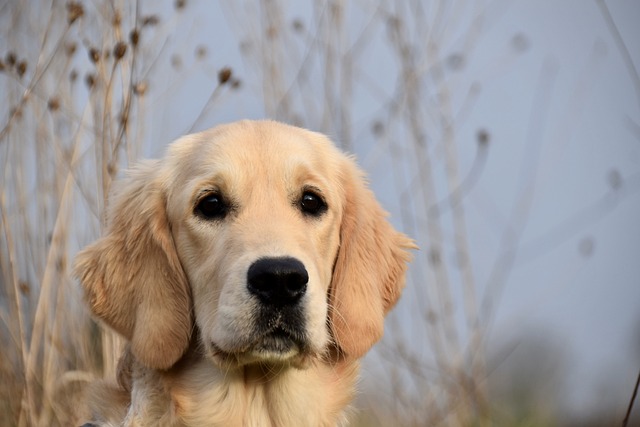
recovering from heat stroke symptoms dog: Key Do’s and Don’ts for New Owners
I sat with my friend Liam in his Texas living room last Wednesday, where his 3-year-old Husky mix, Max, lay on a cool towel—still panting softly
I stood in my friend Tom’s living room last week, watching him clean up a puddle near his 7-month-old Boxer, Max—who’d been fully potty trained for two months. “He got neutered three days ago, and now he’s having accidents every day. Why is my dog having accidents after being neutered?” Tom asked, rubbing Max’s ears like he was apologizing. If you’re a new U.S. dog owner dealing with post-neuter potty accidents, you’re not alone—this isn’t your dog “misbehaving.” It’s almost always a temporary side effect of surgery, recovery, or hormonal shifts, and understanding the “why” helps you fix it without frustration.
To get why this happens, let’s break down what neutering does to a dog’s body and routine: Neutering is a minor surgery, but it stresses their system—anesthesia makes them groggy, and incision pain can make it hard to move fast. Max’s vet explained that when dogs are sore or disoriented, they might forget to signal (like scratching the door) because they’re focused on feeling better, not holding it. Hormonal changes play a role too: Testosterone drops after neutering, which can temporarily relax the bladder muscles—especially in young dogs still building bladder control. This isn’t a “failure” of potty training; it’s their body adjusting to a big change.
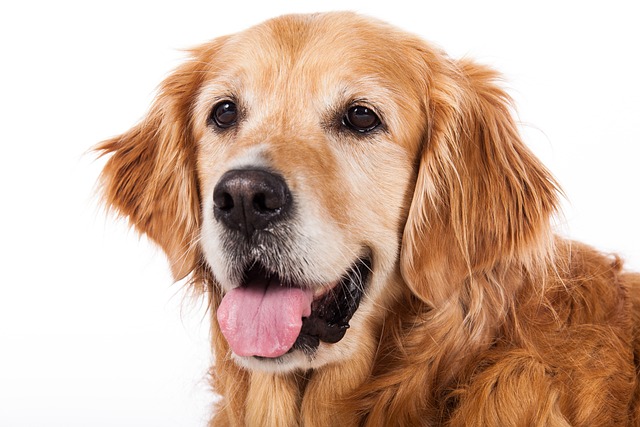
Here’s how to figure out why your dog is having accidents after being neutered, plus steps to help: First, rule out pain or discomfort. If your dog hesitates to go outside or strains when they pee, they might be sore from surgery—ask your vet if pain meds can help. Tom noticed Max was walking slowly, so his vet adjusted his meds, and Max started moving more easily. Second, stick to more frequent potty breaks. Recovery makes bladder control harder, so take them out every 2–3 hours (even if they don’t signal). Tom set phone alarms to take Max out, and the number of accidents dropped from three a day to one. Third, use gentle positive reinforcement. Praise your dog like crazy (and give a tiny treat, like a piece of chicken) when they go outside—this reminds them of the “reward” for good habits. Never scold them for accidents—they’re not doing it on purpose, and punishment violates U.S. animal welfare standards (it’ll just make them scared to tell you they need to go). Fourth, create a recovery-friendly space. For apartment living, put their bed near the door (so they don’t have to walk far) and lay down a pee pad as a backup (but don’t rely on it—you want to keep reinforcing outdoor potty trips).
When walking your recovering dog, keep the leash short (to avoid jumping and straining their incision) and skip rough play—stick to slow, calm walks. Always carry poop bags (cities like Boston fine $200 for leaving messes) and avoid busy areas that might stress them out. Follow your vet’s post-op rules (like no licking the incision) and keep their rabies vaccine up to date (required nationwide)—vet checkups are a great time to ask about bladder control tips during recovery.
After a week, Tom texted me a photo of Max waiting by the door—no more accidents. Why is my dog having accidents after being neutered? For most pups, it’s just a temporary blip while their body heals. With a little extra patience and frequent potty breaks, you’ll both be back to normal soon.

I sat with my friend Liam in his Texas living room last Wednesday, where his 3-year-old Husky mix, Max, lay on a cool towel—still panting softly
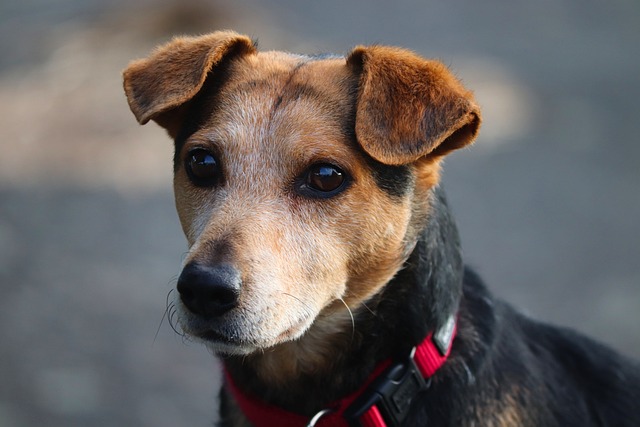
Watching a dog curl up quietly after a walk might make you think they’re all set—but figuring out if that activity was enough takes a little more attention.
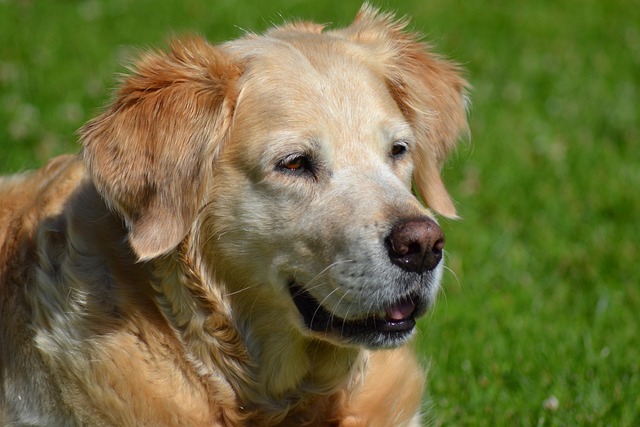
You’re enjoying a sunny afternoon at the park when you notice your dog lagging behind, panting heavily with thick saliva, and seeming unsteady on their feet.

Last Friday evening, I rushed over to my friend Zoe’s place after she sent a frantic voice note—her 11-month-old Labradoodle, Cooper, was rubbing his face against the carpet nonstop
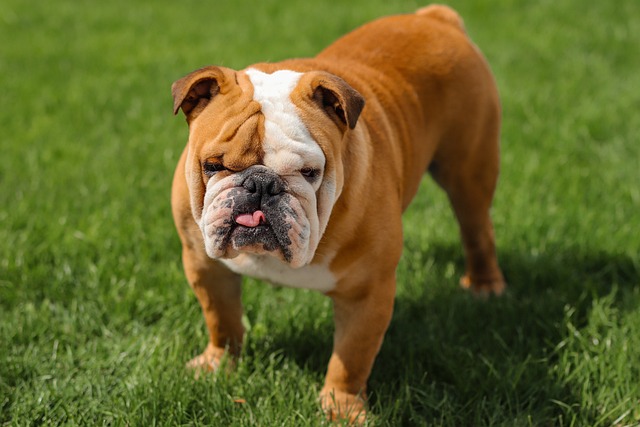
Honey is a common staple in many households, often used to sweeten drinks or top snacks—but when it comes to sharing it with our furry companions, questions naturally pop up.
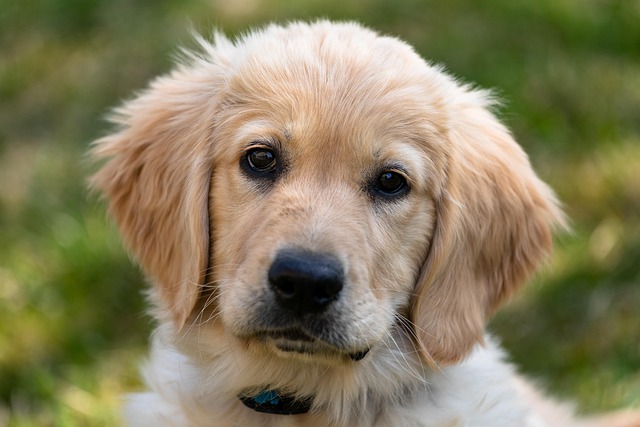
I sat with my friend Lily in her living room last week, watching her 2-year-old Golden Retriever, Bailey, scratch his ears so hard he whimpered—his paws were red and raw from licking